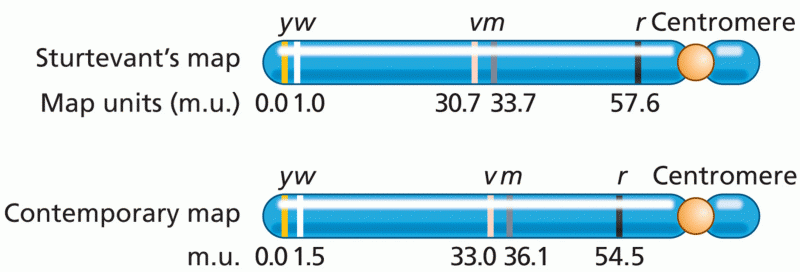Answer to Question 1
After a long, bitter struggle against the Catholic forces of the Spanish king Philip II, the seven provinces of the north Netherlands declared their independence in 1581. By the end of the century the predominantly Calvinist Dutch republic (later called Holland) was a self-governing state and one of the most commercially active territories in Western Europe. In Amsterdam, as in hundreds of other Dutch towns, merchants and craftspeople shared the responsibilities of local government, profiting handsomely from the smooth-running, primarily maritime, economy. The autonomous towns of the north Netherlands, many of which supported fine universities, fostered freedom of thought and a high rate of literacy. Hardworking, thrifty, and independent-minded, the seventeenth-century Dutch enjoyed a degree of independence and material prosperity unmatched elsewhere in the world. Their proletarian tastes, along with a profound appreciation for the physical comforts of home and hearth, inspired their preference for such secular subjects as portraits, still lifes, landscapes, and scenes of domestic life.
Calvinism held that Christians were predestined from birth for either salvation or damnation, a circumstance that made good works irrelevant. The Doctrine of Predestination encouraged Calvinists to glorify God by living an upright life, one that required faith, obedience, and abstention from dancing, gambling, swearing, drunkenness, and all forms of public display. These characteristics fit in well with the Dutch way of life and their emphasis on efficiency and simple living, as well as their view as God's chosen people.
Answer to Question 2
John Donne, whose poetry and prose were unconventional, was one of the most eloquent voices of religious devotionalism. Using extended metaphors, Donne portrays human beings as chapters in the larger book of God's design, a typically baroque theme. His writing abounds in conceits, that is, elaborate metaphors that compare two apparently dissimilar objects or emotions, often with the intention of shocking or surprising. In that the conceits of Donne borrowed words and images from the new science, critics called these devices and the poetry they embellished metaphysical. Showing off the subtleties of the English language, Donne creates paradoxes that highlight religious questions: in his Sonnet 10, he concludes that Death itself shall diein the eternal life afforded by Christianity.
John Milton, a political activist and a persistent defender of religious, political, and intellectual freedom, challenged English society with expository prose essays on a number of controversial subjects. In his magnum opus, Paradise Lost, Milton created a cosmic (and earth-centered) vision of Heaven, Hell, and Paradise comparable to that drawn by Dante but more philosophic in its concern with the human experience of knowledge, sin, and free will. Considered the greatest of modern epics, Paradise Lost is impressive in its vast intellectual sweep, its wide-ranging allusions to history and literature, and its effort to embrace matters of time, space, and causality. Inspired by the Bible's eloquence, the language of Paradise Lost is intentionally lofty; it is designed to convey epic breadth and to narrate (as Milton promised) things unattempted yet in prose or rhyme.







